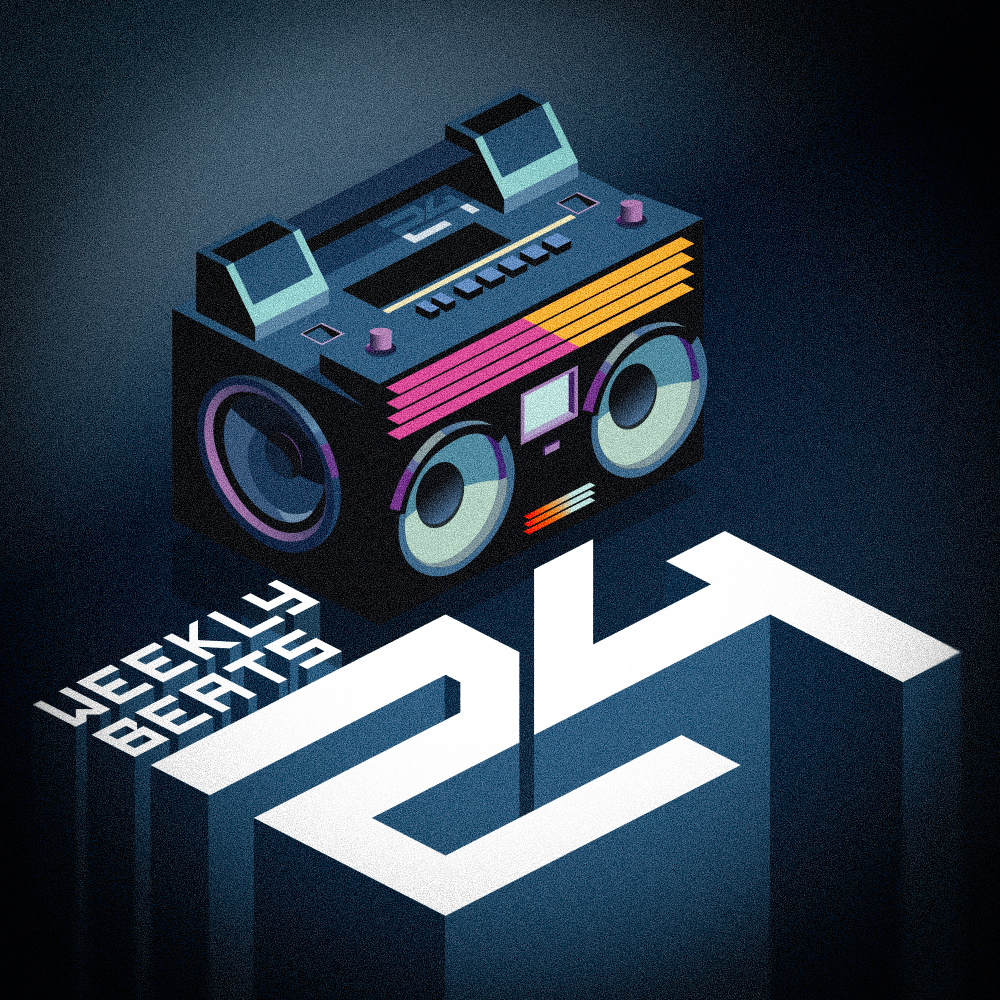I managed to track down a copy of In The Studio With Michael Jackson, through the local library which goes into detail about Bruce Swediens mixing techniques. The book is kinda hard to find but the Sacramento library had a copy. If your new to Bruces style, check out the albus Rufus & Chaka Masterjam, Quiny Jones The Dude, MJ Off The Wall & Thriller. If your into any kind of 80s inspired music I think you'd get a lot out of the book. But here are some of the details I learned that I haven't seen mentioned on gearsluts that have made an improvement in my mixes.
First, high passing all instruments at 100htz about a 18db slope, besides kick, bass, and any sub synths. Bruce used the Harrison 32 series analog console filters, and I found a diy schematic version of the filters used in the console online and checked out the circuit (built a diy module for my rack). Its basically a variation on a 2 pole active opamp filter, that sounds like its about 18db slope (def between 12 and 24db). Its a great circuit that uses a stereo potentiometer to simultaneously adjust feedback and frequency in a cool way. If you can find the schem for the Harrison MR-3 console series filters its a very similar circuit, almost identical aside from adjusted cap and resistor tweaks. But you don't need any special eq per se, it works with a quality plugin, 18db at 100htz high pass is the magic frequency and number.
Second reverb settings, its common knowledge that Bruce loves his EMT 250s, but what I haven't heard mentioned before is that his actual favorite reverb that he used commonly on drums is the AMS RMS16. This is a pretty hard reverb to find but luckily theres a site that offers a free sample of the ambience impulse response, which is actually the reverb model that Bruce mentions he likes in the book.
Another important aspect of how he handles reverb is using a very specific pre-delay of primarily 125ms. He varies it from about 100 to 150ms, but 125ms comes up again and again in the book. His reasoning for this is that he liked to record in great sounding studio rooms and wanted all the early reflections to come through uncolored. This really helps drum sounds and vocals with clarity, and 125ms is actually a fairly large predelay, so I'd find myself sometimes backing it down to 40ms on certain percussion instruments if I wanted the reverb to glue in with the hit a little more. But using 125ms on things like live strings or synths will definitely get you that Billy Jean sound.
Another important part of how Bruce used early reflections was with vocal thickening. He would have MJ do an original and double close, then he would have him step back 2 paces, adjust the preamp gain and record another pass, and optionally have mj step back another 2 paces, set up a Blumlein Pair (x-y figure 8) and do another recording pass.
Bruce also mentioned he would use a subtle pitch speed trick to thicken vocals, where the first vocal recording was done normally, then he would slow down the cue mix playback about 3-4 cents and have the vocalist record a second pass to the cues slowed down pitch. This technique requires precise intonation on part of a vocalist, but after pitching the tape back up, you get a double vocal that has a wider range of harmonics than you would naturally get with a normal double, without actually generating pitch shifted chorusing.
So I figure this might help somebody a little with their mixes, theres actually quite a bit more that gets covered in the book but its mostly about mic types and micing techniques and stories about Quincy and Rod Temperton.
